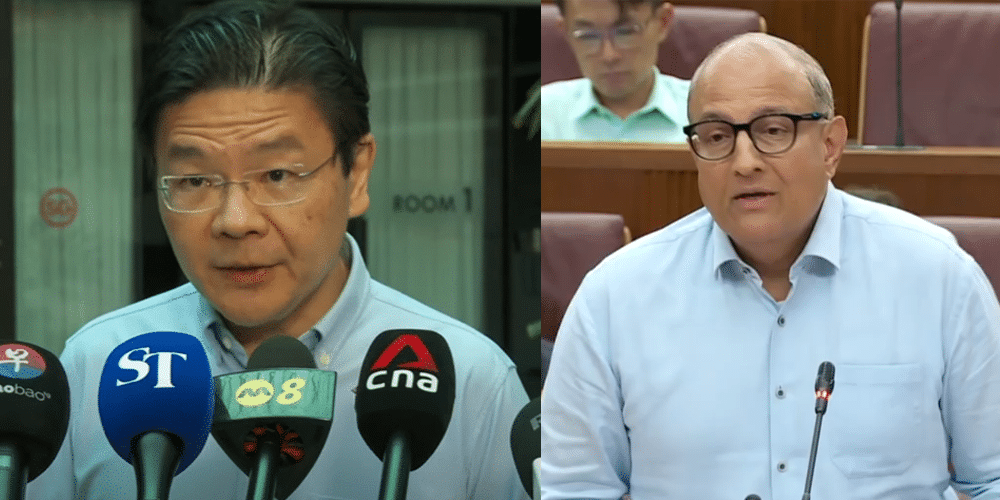Election surprises and certainties: Dissecting Tharman’s presidential win
In the 2023 Presidential Election, Mr. Tharman Shanmugaratnam secured a stunning 70.4% landslide victory, surprising many, including himself.
Despite expectations that TKL would win the opposition votes, voters from both camps showed a preference for Tharman’s charisma and perceived competency.
As Singapore reflects on the outcome, questions arise about the election’s fairness and the real implications of Tharman’s dominant win.










